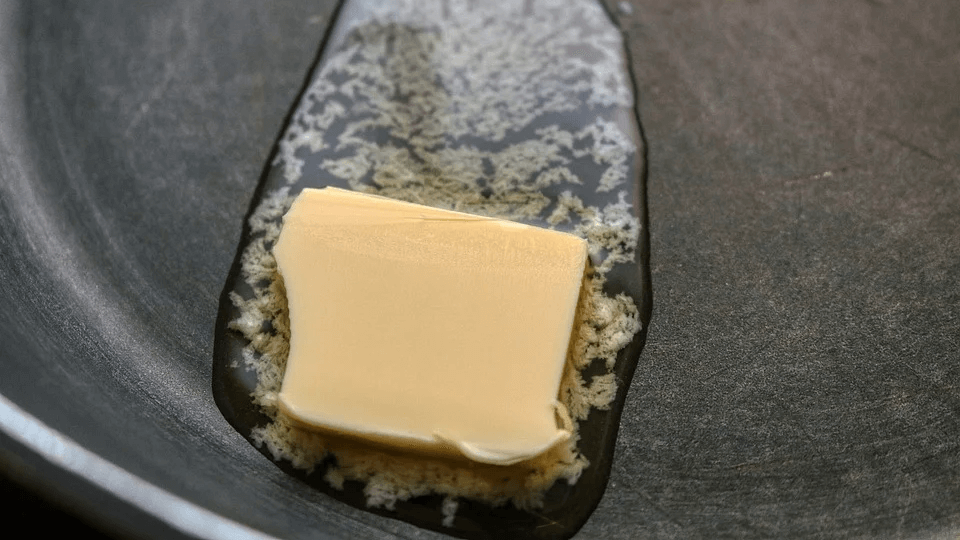CUBIQ Foods is aiming to replace animal-based fats with vegan and cultured ingredients.
Founded in 2018 by Dr. Raquel Revilla and Andrés Montefeltro, the Barcelona-based food tech startup promotes sustainability, human health, and animal welfare.
One of the company’s products, the vegan SMART FAT, “enhances” the flavor of low-fat vegetable, animal, or cultivated proteins. It contains less saturated fat and fewer calories than traditional emulsions and uses 100 percent sustainable ingredients. SMART FAT is designed to replace unhealthy fats in meat, dairy, flexitarian, and vegan products.
CUBIQ also produces vegan-friendly SMART Omega-3, which carries a concentrated and encapsulated form of the polyunsaturated fatty acid.
The highly concentrated essential oils maintain their properties for use within even the most demanding industrial recipes. This can assist food producers to include recommended daily amounts of omega-3 in affordable and healthy products.
“Sustainable omega-3 and vegan healthier fats inspire our team and partners,” said Montefeltro. “We are ready to deliver a new generation of nutritious, healthy, and accessible products at an industrial scale by the end of this year.”
The company just received €5 million in funding from Blue Horizon Ventures and Moira Capital Partners SGEIC.
This new wave of funding will help CUBIQ produce its sustainable fats on an industrial scale, ready to launch at the end of 2020. The company is the first of its kind to produce such products on this scale. It is also the first cultivated fat cell platform to produce such high-quality omega-3s in this way.

Growing Food from Cell Cultures
CUBIQ Foods also uses cultured fat to produce oil-enriched omega-3.
In an email sent to LIVEKINDLY, Montefeltro explained that the company uses duck stem cells to produce DHA and EPA enriched oils. Montefeltro said the process is more sustainable than fish oil, a traditional source of omega-3.
Proponents of lab-grown food believe that growing ingredients from cell culture can be less resource-intensive than traditional methods. Cultivated animal products can provide a low-impact and “clean” alternative to conventional animal agriculture.
Traditional animal agriculture is responsible for 14.5 percent of global greenhouse gas emissions globally.
“The production of food from cell culture, in the form of tissue, will undoubtedly be the most efficient and scalable way to meet the food needs we will face in the coming years,” said Montefeltro.


